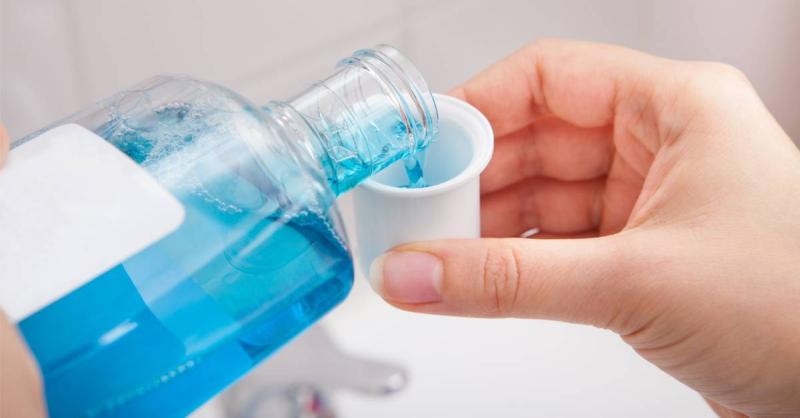A recent study has warned that mouthwash containing alcohol can increase harmful bacteria in the mouth, potentially leading to certain types of cancer. The study found that daily use of this type of mouthwash results in elevated levels of two bacteria that have been previously linked to esophageal, colon, and rectal cancer. It is believed that the alcohol in the product interferes with the natural level of bacteria in the mouth, known as the oral microbiome.
Researchers discovered that two types of bacteria, Fusobacterium nucleatum and Streptococcus anginosus, were more abundant in the mouth after three months of daily use of alcohol-based mouthwash. The research team from the Institute of Tropical Medicine (ITM) in Antwerp, Belgium, noted a reduction in a group of bacteria called actinobacteria, which are primarily involved in regulating blood pressure.
**Daily Use is Dangerous**
The study's author, Professor Chris Kenyon, head of the sexually transmitted diseases unit at the university, told The Telegraph, "Both organisms can cause serious infections and are linked to various types of cancer, such as esophageal, colon, and rectal cancer." Kenyon pointed out that using mouthwash daily "may increase the risk of cancer and various infections." He added, "Most people should not use it, and if they do, they should opt for alcohol-free formulations and limit their use to a few days."
**"Opportunistic Bacteria"**
The researchers wrote in a paper published in the Journal of Medical Microbiology: "The use of alcohol-based mouthwash is associated with increased abundance of common oral opportunistic bacteria previously reported to cause gum disease and esophageal, colon, rectal, and systemic diseases." While the findings link daily use of alcohol-based mouthwash to changes in the oral microbiome, the researchers stated that they were hesitant to draw substantial conclusions from the data.




